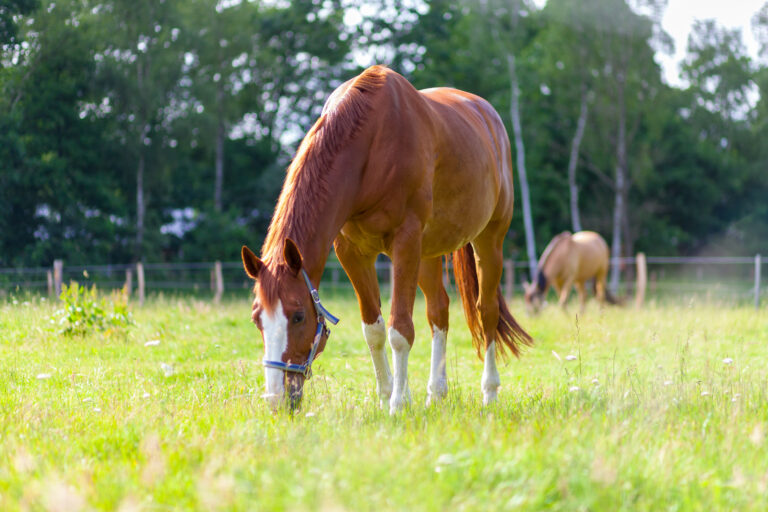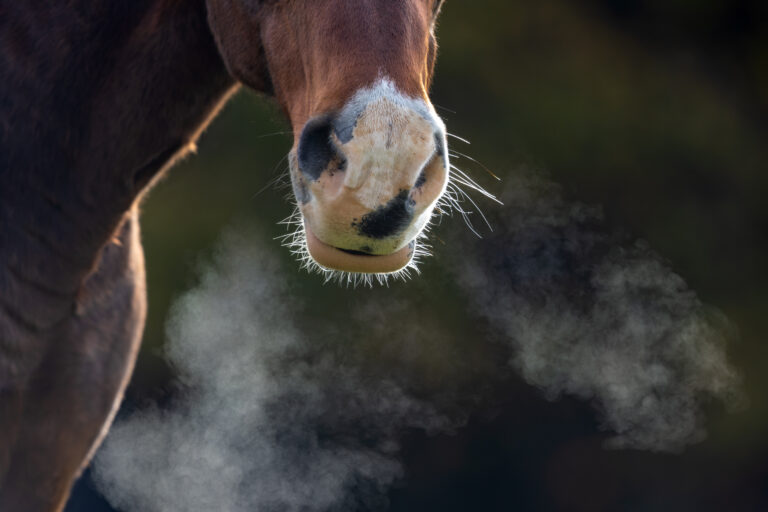
There is nothing easy about aging, but it’s important to remember it’s a privilege to get old. Too many young people die before they get the chance.
Studies repeatedly show that happiness and contentment with life increase with maturity. The emotional wisdom that often accompanies old age can make a big difference. As people age, their goals and time horizons change, which can help them focus on what’s most important to them and appreciate life more. They might also be more eager to reconcile conflicts with others and invest in emotionally important relationships. These connections are critical to prevent loneliness.
Importance of Social Bonds
Social bonds become more important as people age, especially after retirement. When a retiree no longer has “work family” to provide a place of belonging, they can struggle to feel a sense of purpose. Nurturing relationships with people of different generations and interests can help an aging person learn about new topics and pass skills on to others.
Patience and Understanding
Older people are often better able to brush off minor stressors and small inconveniences, such as flat tires. When interacting with others, they generally have a more prolonged response time, which can decrease impulsivity and lead to more thoughtful replies.
Living in the Present
Because they have made peace with their mortality, many older folks are more likely to live in the present instead of worrying unduly about the future. A calm effect can develop in elders with accumulated wisdom, self-knowledge, emotional regulation, and increased compassion from their life experiences. They might be more nuanced in conflict management and make better social decisions.
Physical Infirmities of Aging
The physical infirmities of aging always seem to arrive as a surprise to aging people, as if they thought these only happen to others. Old injuries accumulated over a long veterinary career begin to make themselves known again, whether through increased stiffness, repetitive reinjury, or chronic pain. Young people do not always recognize that old people were fit, fun, and vibrant in decades past and often still feel young in their minds. The growing invisibility of their core identity, as a new generation takes the stage, can be difficult for aging people.
Accepting Change
Becoming comfortable with a new way of being instead of denying the changes aging brings is a way to welcome maturity with grace. Can’t see anything clearly without your glasses? Have trouble hearing in crowded restaurants? Feel uncertain driving on a dark, rainy night? Make the accommodations necessary to continue doing the things you love. Need cataract surgery? Don’t put it off until you miss a significant lesion on a radiograph and lose your client’s trust. Hurt your lower back every time you collect a stallion? Turn the job over to a younger colleague.
Final Thoughts
Aging gracefully requires accepting the inevitability of losses—loss of strength, agility, and processing speed, as well as recognition. All your knowledge is best paid forward to those coming up behind. Leave your legacy by modeling the way of being a compassionate human being and skilled practitioner. Move over for the next generation, and give them a hand up into leadership positions. Enjoy their success with pride for your contributions to it.
Related Reading
- The Equine Practitioner’s Mid-Career Crunch
- The Business of Practice: Preparing to Retire
- Role of Generational Differences in Veterinary Practices
Stay in the know! Sign up for EquiManagement’s FREE weekly newsletters to get the latest equine research, disease alerts, and vet practice updates delivered straight to your inbox.









